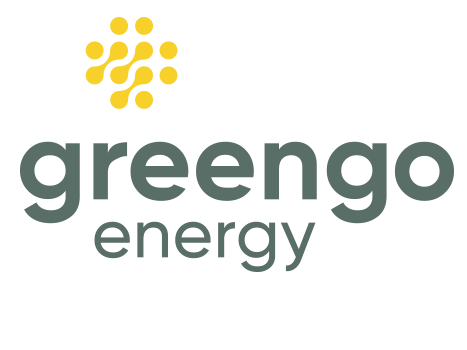GreenGo Energy updates Danish Megaton concept – fewer renewable energy projects and a shift in local impact
GreenGo Energy is undertaking a significant update to its Megaton concept in response to the evolving market for green fuels. While the overarching goal remains the same - producing green fuels for transportation based on local renewable energy through Power-to-X (PtX) technologies - the end-product is now shifting from e-methanol¹ to biomethanol².
This change is driven by new regulatory frameworks and market dynamics. Previously, the EU’s RFNBO regulations defined e-methanol as the green alternative. However, recent regulatory developments particularly those advocated by the transport sector - now allow biomethanol produced from certified biomass to qualify as an advanced green fuel. While biomethanol offers a lower CO₂ displacement compared to e-methanol, it is more cost-effective and faster to implement as a fossil fuel substitute.
According to Anders Heine Jensen, Director of PtX and Megaton Projects at GreenGo Energy, this is a necessary and strategic adjustment:
“The market has evolved rapidly, and we’ve chosen to evolve with it. Biomethanol enables us to deliver green fuel that is both economically viable and technically feasible using existing infrastructure. It’s a scalable solution that can make a real impact in the transport sector.”
As a result, the Megaton project will increasingly rely on biogas and existing renewable energy infrastructure. GreenGo Energy will strengthen collaboration with local biogas operators to utilize CO₂ and biogas from biomass and promote the conversion of organic waste and agricultural residues into energy. Additionally, the need for new electricity production is significantly reduced, as biomethanol requires far less electricity to produce than e-methanol.
Oliver Vindex Nielsen, VP of Business Development in Denmark, adds:
“We’ve adapted Megaton to the current reality. It’s not just about being green - it’s about being realistic. Biomethanol allows us to deliver a fuel that the industry can adopt immediately, without waiting for new renewable energy facilities.”
This strategic shift has major implications for GreenGo Energy’s portfolio of solar and wind projects. The overall need for new solar parks is substantially reduced, and the company has decided not to reapply for the majority of projects that have been under development over the past three years. An exception is the wind project in Nørhede-Hjortmose, which is still expected to be part of Megaton.
The two already approved solar parks in Nørhede-Hjortmose and Gestenge, may now serve as the foundation for electricity production within the revised Megaton structure. These parks have faced delays due to grid connection issues with Energinet but may now find new relevance in the updated project framework.
Jacob Hänel Christensen, Director of Business Development, concludes:
“We’ve had to make some difficult but necessary decisions, and we recognize the impact this has on local communities and landowners who have been involved in the now-downscaled renewable energy projects. We are deeply grateful for the strong collaboration and trust shown throughout the process, and we hope to continue the dialogue with communities and landowners as Megaton evolves in this new direction.”
¹ E-methanol is methanol produced using 100% green electricity via electrolysis and green CO₂.
² Biomethanol is produced using green electricity, green biomass such as biogas, and a smaller share of electrolysis.
About GreenGo Energy Group A/S:
GreenGo Energy was founded in 2011 with the vision to accelerate the conversion to renewable energy generation, by an innovative and scalable business model. GreenGo Energy’s 360-degree full services platform includes project origination, investment structuring, development, offtake, EPC management and asset management services, fully tailored and bespoke to our client’s needs and their investment profile.
GreenGo Energy has 27 GW of solar, wind, BESS and Megaton PtX projects in various stages of development and construction in nine U.S. states, Europe and Africa/MENA, of which more than 6.5 GW has been contracted through partnership framework agreements with blue-chip investors in the renewable space.
GreenGo Energy is headquartered in Denmark, with over 130 employees serving customers worldwide.
